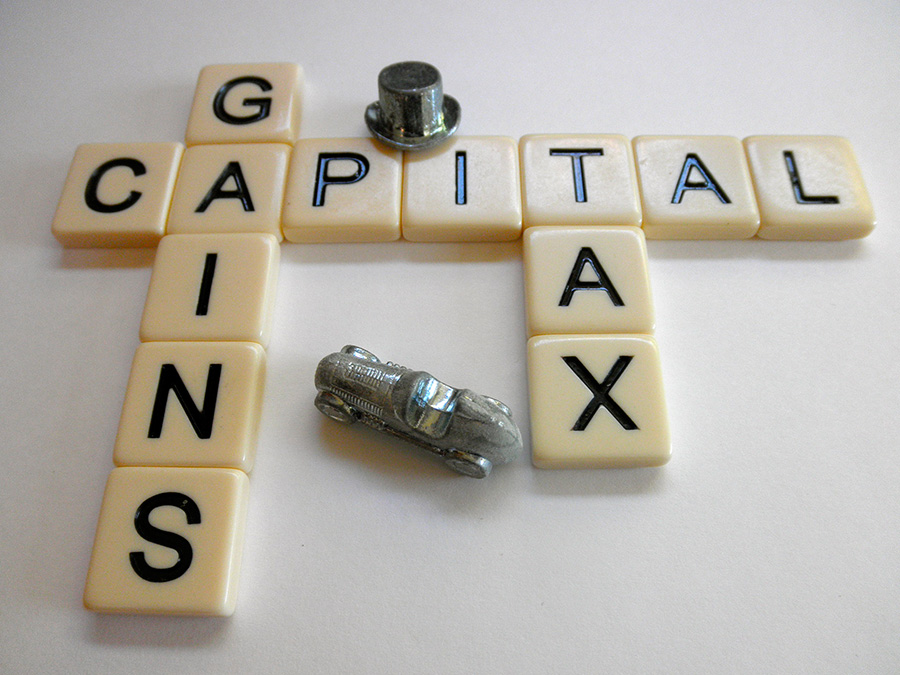How does capital gains tax impact the sale of a business?

ÔÇïThe income received from the sale of your business is also often subject to other tax-types. Keep in mind that the full proceeds of the sale will not be subject to CGT, but only the ÔÇ£capitalÔÇØ portion of the sale.
CGT is triggered by the disposal of an asset, which can be anything from properties, collectables, personal-use items and the sale of your business. It also applies to a residentÔÇÖs worldwide assets and to a non-residentÔÇÖs immovable property or assets of a permanent establishment in South Africa.
In a nutshell, CGT will be calculated on the price you sold your business for, less the acquisition price or the original cost.
The two main influencers of CGT are:
- When is an asset disposed;
- The calculation of the asset base cost.
Now, letÔÇÖs look at each in turn.
Disposals
A disposal is the sale of a business, shares, property or any other asset.
When is an event deemed to be a disposal?
- Termination of SA residency.
- Change in use of asset.
- Transfer of asset by permanent establishment.
- Reduction or waiver of debt by creditor without full consideration, subject to certain exclusions.
When is an event not deemed a disposal?
- Issue of, or grant of an option to acquire shares, a debenture or unit trust.
- Loans and the transfer or release of an asset to secure debt.
The calculation of a capital gain or loss is the difference between the proceeds of the sale and the base cost. Remember, an aggregate capital loss can be carried forward and is available for set-off in the following tax year.
Base Cost
This is the actual expenditure incurred to acquire the asset.
What is included in the base cost?
- The acquisition, disposal, transfer, stamp duty and security transfer tax of the asset.
- The cost of moving an asset.
- The cost of improving the asset.
- The remuneration of asset advisors, consultants or agents.
What is excluded from the base cost?
- Expenses deductible for income tax purposes.
- Interest paid, raising fees (except in the case of listed shares and business assets).
- Expenses initially recorded and subsequently recovered.
The Income Tax Act allows for certain exemptions regarding the CGT of the sale of small business assets.
Your sale will be exempt from CGT when disposing of a small business assets or an interest in small business, limited to R1,8mil if certain requirements are met, including:
- Gross asset value of business is less than R10mil (2012: R5mil).
- The natural person was the sole proprietor, partner or at least 10% shareholder for the last 5 years, is at least 55 years old, or suffers from ill-health, is infirm or deceased.
- Compensation, prizes and donations to certain PBOÔÇÖs.
- Assets used by registered micro businesses for business purposes.
- Valuation as at the 1st of October 2001
- 20% of the proceeds
- Time apportionment base cost
However, CGT was only introduced in South Africa on the 1st of October in 2001, which means that if the business was bought before then, you can determine the base cost in one of three ways.
Methods for asset acquired before the 1st of October 2001:
Are you thinking of selling your business through a professional and reputable brokerage firm that has been in business since 1979? Simply, contact our Aldes Head Office today or speak to one of our brokers in your area. We will guide you every step of the way.
Visit www.aldes.co.za for more information.
